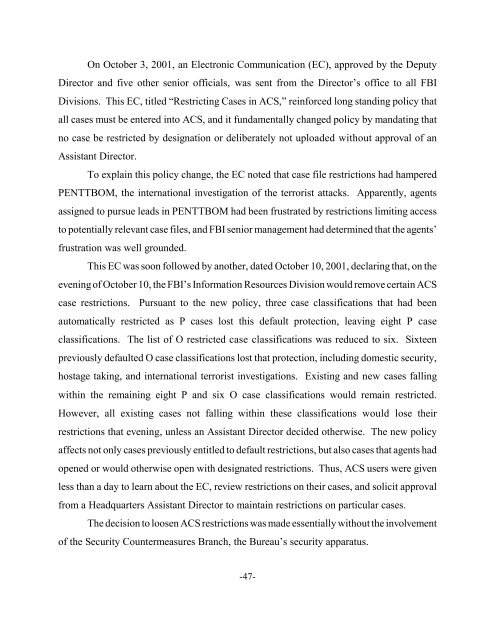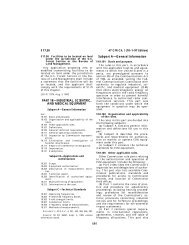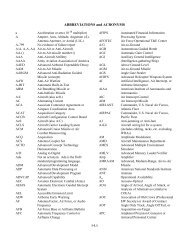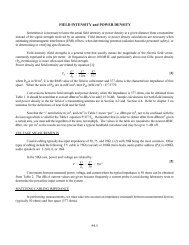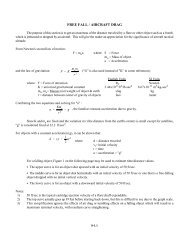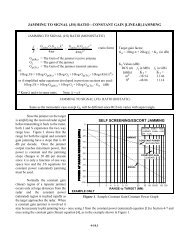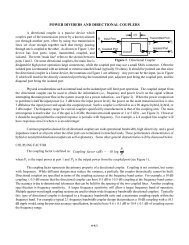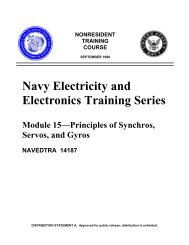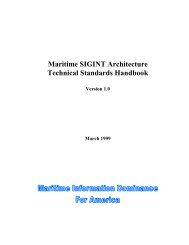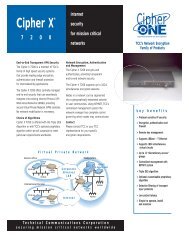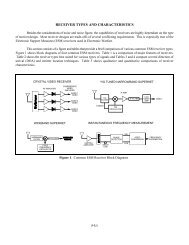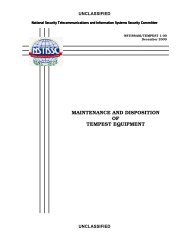A Review of FBI Security Programs
A Review of FBI Security Programs
A Review of FBI Security Programs
You also want an ePaper? Increase the reach of your titles
YUMPU automatically turns print PDFs into web optimized ePapers that Google loves.
On October 3, 2001, an Electronic Communication (EC), approved by the Deputy<br />
Director and five other senior <strong>of</strong>ficials, was sent from the Director’s <strong>of</strong>fice to all <strong>FBI</strong><br />
Divisions. This EC, titled “Restricting Cases in ACS,” reinforced long standing policy that<br />
all cases must be entered into ACS, and it fundamentally changed policy by mandating that<br />
no case be restricted by designation or deliberately not uploaded without approval <strong>of</strong> an<br />
Assistant Director.<br />
To explain this policy change, the EC noted that case file restrictions had hampered<br />
PENTTBOM, the international investigation <strong>of</strong> the terrorist attacks. Apparently, agents<br />
assigned to pursue leads in PENTTBOM had been frustrated by restrictions limiting access<br />
to potentially relevant case files, and <strong>FBI</strong> senior management had determined that the agents’<br />
frustration was well grounded.<br />
This EC was soon followed by another, dated October 10, 2001, declaring that, on the<br />
evening <strong>of</strong> October 10, the <strong>FBI</strong>’s Information Resources Division would remove certain ACS<br />
case restrictions. Pursuant to the new policy, three case classifications that had been<br />
automatically restricted as P cases lost this default protection, leaving eight P case<br />
classifications. The list <strong>of</strong> O restricted case classifications was reduced to six. Sixteen<br />
previously defaulted O case classifications lost that protection, including domestic security,<br />
hostage taking, and international terrorist investigations. Existing and new cases falling<br />
within the remaining eight P and six O case classifications would remain restricted.<br />
However, all existing cases not falling within these classifications would lose their<br />
restrictions that evening, unless an Assistant Director decided otherwise. The new policy<br />
affects not only cases previously entitled to default restrictions, but also cases that agents had<br />
opened or would otherwise open with designated restrictions. Thus, ACS users were given<br />
less than a day to learn about the EC, review restrictions on their cases, and solicit approval<br />
from a Headquarters Assistant Director to maintain restrictions on particular cases.<br />
The decision to loosen ACS restrictions was made essentially without the involvement<br />
<strong>of</strong> the <strong>Security</strong> Countermeasures Branch, the Bureau’s security apparatus.<br />
-47-


